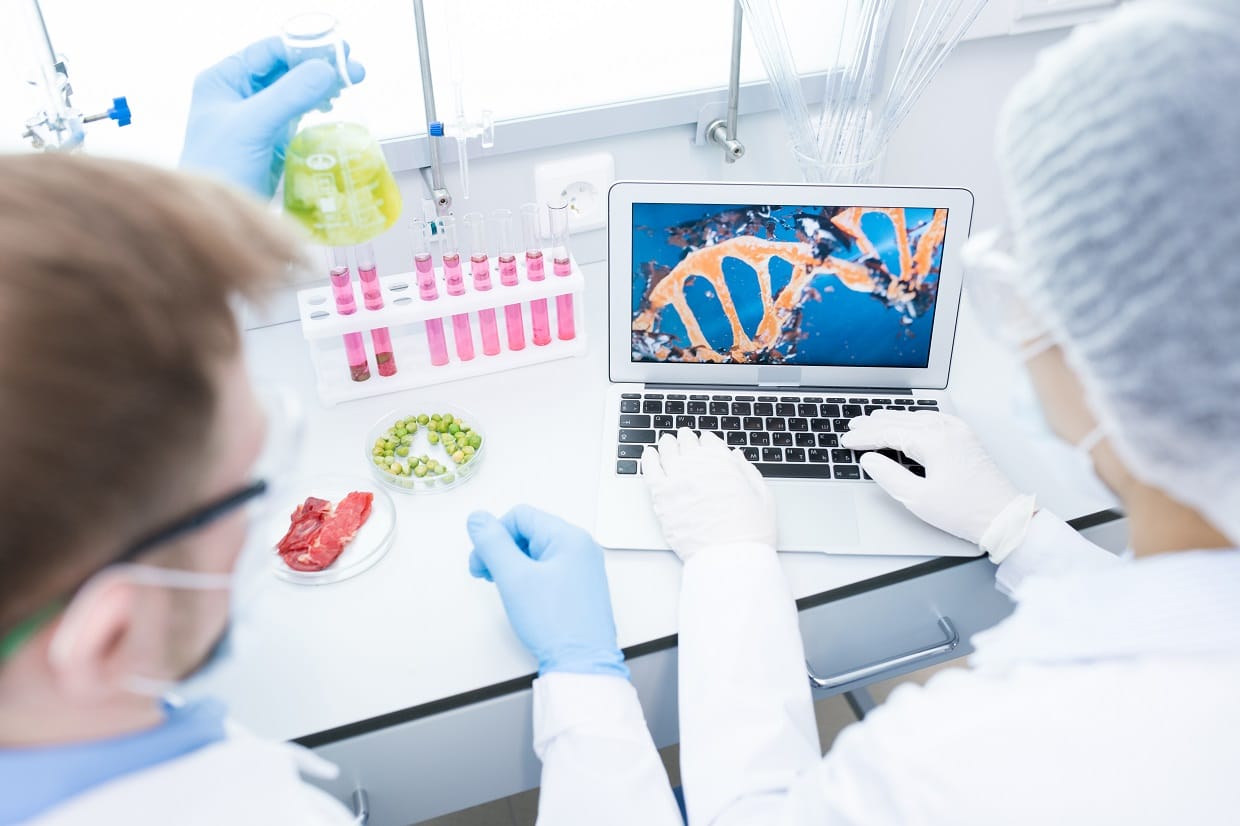Did you know that DNA food testing can provide important information about the foods you eat and how they affect your health? This information can help you make better choices about the foods you eat and how to prepare them.
DNA food testing can tell you if a food contains allergens, toxins, or other potentially harmful substances. It can also help you identify the nutrient content of food, including vitamins, minerals, and amino acids. This information can tailor a diet that is best for your individual needs.
What is DNA Food Testing?

DNA food testing is a process that uses DNA to identify the presence of certain substances in food. DNA is the genetic material that makes up all living things. Every cell in your body contains your DNA.
When you eat food, the cells in your digestive system break down the food into its parts. This includes the DNA from the food. The DNA from the food is then absorbed into your bloodstream.
From there, it can be used by your cells to create new proteins or to repair damaged DNA. DNA food testing can identify the presence of certain substances in food by looking for specific pieces of DNA.
What are the Benefits of DNA Food Testing?
These are some of the benefits you should know;
Helps You Avoid Allergens
If you have an allergy to a particular food, DNA food testing can help you avoid it. This is because DNA food testing can identify the presence of allergens in food. With allergies, your body has an adverse reaction to a normally harmless substance. Allergens can cause a range of symptoms, from mild to life-threatening. By avoiding foods that contain allergens, you can minimize your risk of having an allergic reaction.
Helps You Avoid Toxins
Toxins are substances that can cause harm to your health. Some toxins are naturally occurring, while others are created by human activity. Toxins can enter the food supply through contaminated water, soil, or air. They can also be found in certain types of fish and shellfish.
DNA food testing can help you avoid toxins by identifying their presence in food. This information can be used to choose foods that are less likely to contain toxins.
Helps You Identify Nutrient Content
DNA food testing can also help you identify the nutrient content of a food. This information can tailor a diet that is best for your individual needs. For example, if you are trying to eat more foods high in vitamins and minerals, DNA food testing can help you find them. Conversely, if you are trying to avoid foods high in specific nutrients, DNA food testing can help you identify those foods.
Helps You Prepare Food Safely
DNA food testing can also help you prepare food safely. This information can be used to identify pathogens, or harmful bacteria, in food. Pathogens can cause food poisoning. By avoiding foods that contain pathogens, you can minimize your risk of food poisoning.
Wrapping Up
Now that you know what DNA food testing is and some of the benefits it offers, you may be wondering if it’s right for you. DNA food testing may be a good option if you have allergies or other health concerns.

